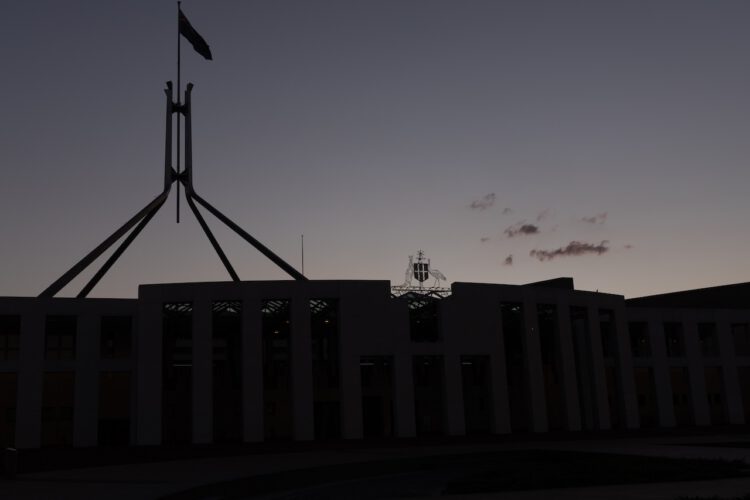Michael Sukkar asks Anthony Albanese:
“My question is to the Prime Minister. On what date was the Prime Minister first advised of the planned mass casualty terror attack against Sydney’s Jewish community?“
That is because we know that the PM was told of the find and investigation a lot earlier than it went public (NSW police said they went public earlier than they wanted after a leak to News Corp about the find and investigation.)
Albanese chooses his words very carefully here:
“I thank the member for his question and it goes to national security issues. On our national security, there are two priorities. The first priority is, of course, keeping the public safe. The second and related principle is that we engage with the Australian Federal Police and the national intelligence agencies, we don’t go out there and brief about national security committee meetings.
We don’t – we don’t discuss those details because it’s an ongoing investigation. (There are interjections from the Coalition here)
…What you do when you have an ongoing investigation is that you take the advice of the Australian Federal Police and the ASIO Director-General. And that is precisely what I have done the whole way through.
Now, the Leader of the Opposition is always made available briefings when they’re requested. He’s not requested a briefing from – at this time. He has had, he said on Sunday, that he had text messages with the ASIO Director-General. When asked by David Speers what was in those text messages, he quite rightly – quite rightly – refused the say, because that’s how you deal with these things. This isn’t some game.
This isn’t some game and it should not be about politics. And quite frankly, it is astonishing…”
Sukkar has a point of order:
“On relevance – we’ve asked for the date, not the detail. The date. And Premier Minns made the date clear, so I’m sure that the Prime Minister is not accusing Premier Minns of having done anything improper.”
And Albanese continues:
“There are some people who, in the past, have understood why these issues are important, that we back up our National Security Agencies rather than seek to undermine them.
And one of those was, indeed, quoted in February 2022 when the former government was in place. [Albanese reads from an old article] ‘The chair of Parliament’s joint committee [which included] the Liberal Senator James Patterson has rebuked defence minister Peter Dutton for referencing classified information during last week’s hyperpartisan brawling over national security’.
Of course, that was when the Leader of the Opposition was claiming both open source and other intelligence I see, confirmed that Labor was somehow, according to him, Beijing’s pick at the 2022 election. That, of course, was before he became pro-China just last week.”
Albanese runs out of time, but what he is referencing at the end there is the Coalition’s reverse ferret on issues pertaining to China, after focus groups found that the Chinese-Australian community are fans of the normalising of relations between Australia and China under the Albanese government but are not overly fans of the Coalition’s reaction to China. And now that the Coalition want to win back seats like Chisholm, suddenly China isn’t as interesting to the Coalition as the Big Bad of security threats. Funny that.
